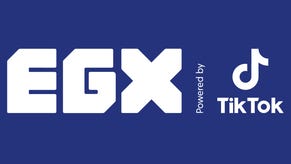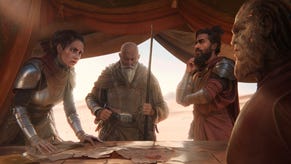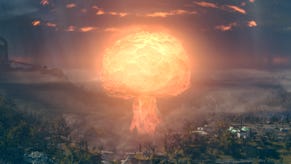Microsoft won't ever cancel games
Says European bossman type.
Just a week after Sony called time on Eight Days and The Getaway PS3, Microsoft Game Studios Europe has pledged never to cancel any of its games.
Speaking to GamesIndustry.biz, business development manager Peter Zetterberg said, "Maybe we sometimes announce [games] earlier than we should, but we stick with them, we have our resources team work with them as much as we can.
"It's crunch time down in Guildford now and we have people working their butts off to make Fable 2 happen. We do not, we shall not cancel games."
Zetterberg says that he sees around 600 game concepts a year, ranging from a piece of paper to a full-blown presentation with a demo, video and concept documents.
Of those submissions, about 30 go into a discussion meeting to be evaluated. Of those, perhaps five might go into a greenlight process, and then three might get signed.
Microsoft Game Studios Europe has the autonomy to greenlight a project, but when it commits to large franchise developments it obviously needs approval from the rest of MGS, Zetterberg said.
MGS Europe has a slightly different role than the team in the US, and is focused on genre diversity and local values.
"We need to find games that are globally accepted, that people love on a global basis," Zetterberg said.
"Like music or singing, things that we all love. Then we can nail the local values to it."
In Europe, Zetterberg observed, local values are more important because there are 25 countries, 20 languages and so many different cultures.
"There's a reason why Microsoft hasn't been that successful in the past on the continent, because they sit in Redmond and it's hard to understand how to make 15 games for a smaller European market," Zetterberg said.
"We've always moved on a global basis and this means that sometimes we have missed out on the smaller things. If you look at World of Goo or Crayon Physics, these can be easily overlooked by a large corporation that thinks global."
For more from Zetterberg, go and say hello to GamesIndustry.biz.




.png?width=291&height=164&fit=crop&quality=80&format=jpg&auto=webp)


